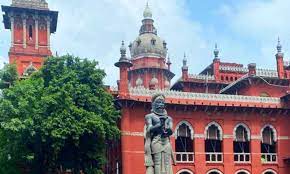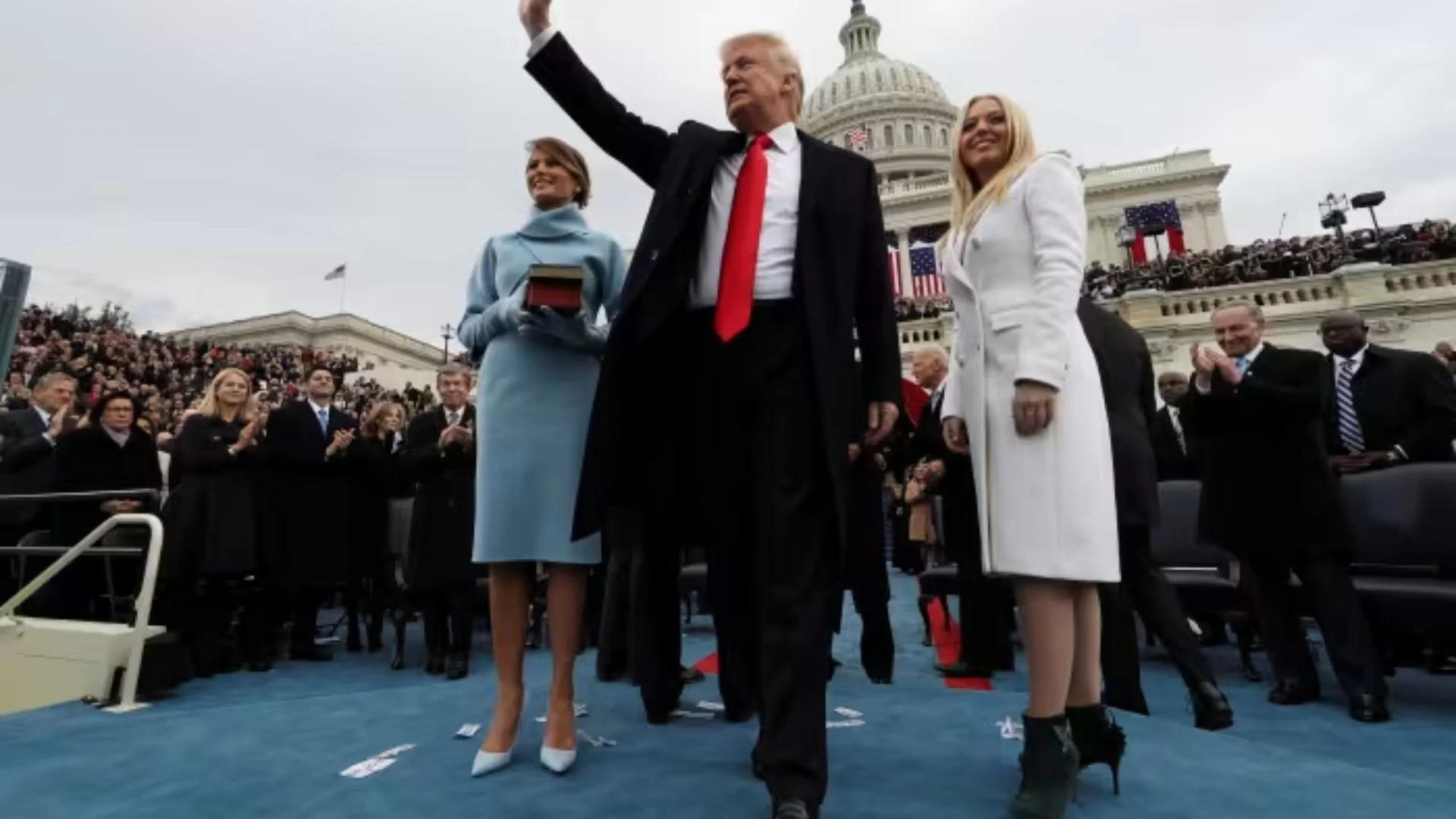The Allahabad High Court in the case M/S Bhawani Traders Versus State of U.P. observed and has quashed the penalty order passed in Form MOU-09 as stated under Section 129(1)(b) of the Goods and Services Tax Act, 2017 on the grounds that the goods in transit were duly accompanied by the tax invoice, e-way bill, and bilty.
The bench comprising of Chief Justice Pritinker Diwaker and Justice Ashutosh Srivastava in the case observed and has relied upon the decision of the Allahabad High Court in the case of M/s Sahil Traders vs. State of U.P., wherein the court held that in face of the tax invoice and the E-way bill produced by the petitioner, the goods may not have been treated as not traceable to the registered dealer.
The petitioner in the plea challenged the penalty order which is being passed by the Assistant Commissioner in Form MOU-09 as stated under Section 129(1)(b) of the Goods and Services Tax Act, 2017
. thus, the order passed imposed a penalty for an amount of Rs. 48,53,940 by not treating the petitioner as the owner of goods.
It has also been argued by the petitioner in the plea that the goods were duly accompanied by the tax invoice, e-way bill, and bilty issued in the name of the petitioner as the consignor, and the goods were in transit through the State of U.P. during the movement of them from Kolkata to New Delhi. Thus, there being no intention to evade tax.
It has also been submitted by the petitioner before the court that he was the owner of the goods and was ready and willing to deposit a penalty under protest under Section 129(1)(a) to get the goods released, wherein the court considered the perishable nature of the goods and the substantial diminishing of their value with the onset of monsoons.
It has also been contended by the department before the court that that the petitioner has rightly been held not to be the owner of the goods and that the penalty has rightly been imposed upon the petition as stated under section 129(1)(b) of the Act.
The court in the case observed and has set aside the penalty order and has directed the department to pass a fresh order treating the petitioner as eligible for the benefit of Section 129(1)(a) of the GST Act.
The counsel, Shubham Agrawal appeared for the petitioner.
The counsel, C.S.C. represented the respondent.

















